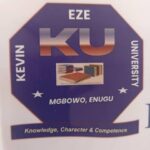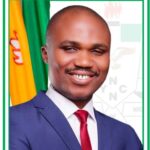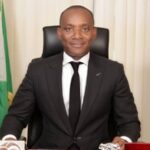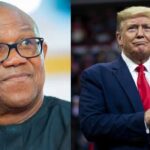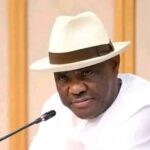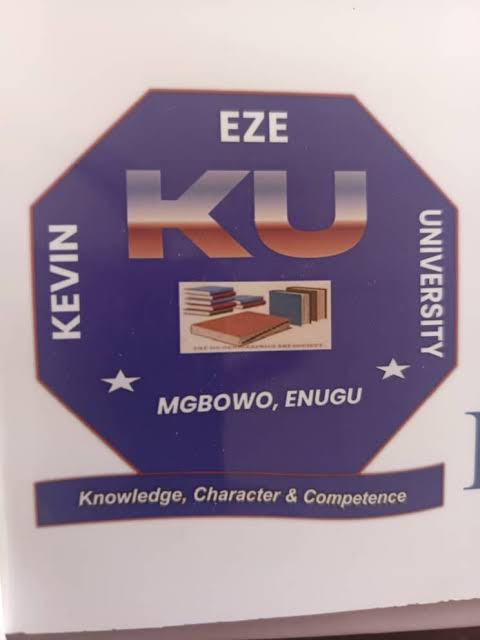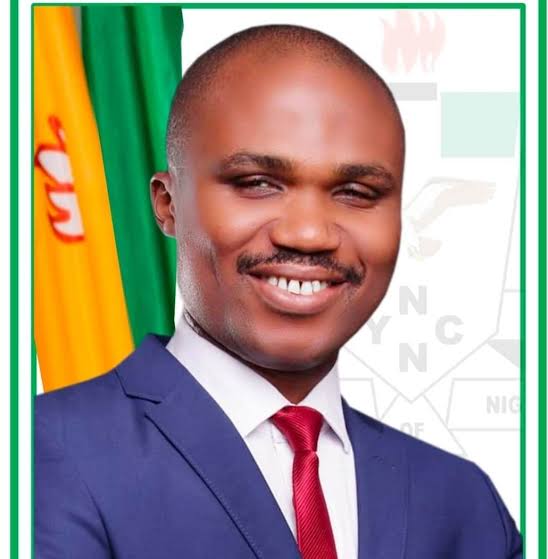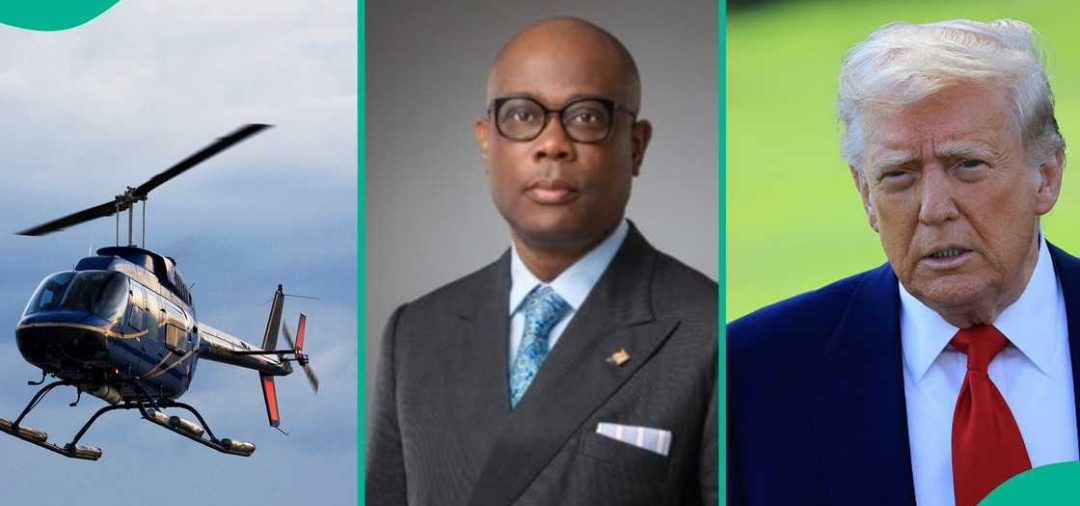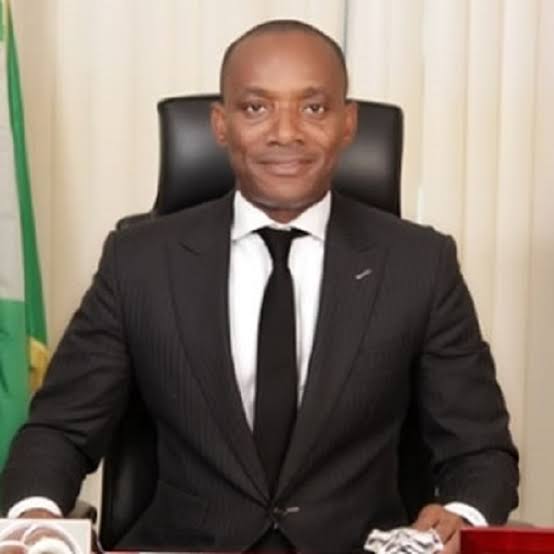Since he left the corridors of power with his principal, Olusegun Obasanjo, in 2007, Alhaji Atiku Abubakar has remained in the thick of politicking in Nigeria and, in that light, it would not be out of place to say that he knows his onions when it comes to governance.
Humble and candid with his views then and, even moreso, now, the Turakin Adamawa has been outspoken about current happenings in the nation – not in a bid to win favours of sound like a good man, but, because, he truly is a man worth having in your corner when the plot thickens.
Atiku has refused to remain in the shadows since he partook in a number of party primaries, both for the All Progressives’ Congress (APC) and the Peoples’ Democratic Party (PDP) in recent times.
He has spoken out against ethnocentrism among Nigerians, condemned the militarisation of the South-eastern region of the country, cautioned on the approach towards hate-speech and, in doing so, caused a bright light to shine down on him as a man Nigeria needs – in the here and now.
Humble Beginnings
Born on November 25, 1946 in Jada, Adamawa State, to Garba Atiku Abdulkadir, Atiku was named after his paternal grandfather, Atiku Abdulkadir.
Atiku’s father was a deeply religious man who had a deep hatred for Western education and did not want his son to have anything to do with it, as he believed it would corrupt his young son.
He tried to hide the young Atiku from the prying eyes of Native Authority officials who embarked on compulsory mass literacy campaigns in the region, but soon discovered that he could not resist the wind of change that was blowing through the area at the time.
Against his father’s wish, his maternal uncle, Kawu Ali, who had received a little education through adult literacy classes, got him enrolled into the Jada Primary School in January 1954, as Atiku Kojoli and, when his father tried to stop him again, he was arrested and charged to an Alkali court, where he was fined 10 Shillings.
Sadly, he refused to pay the fine, insisting that he had no money. He was left to spend a few days in jail, until his mother-in-law, who made local soap for sale in the community, raised the money to pay the fine and he was released.
Even at his release, Atiku’s father was sad that his only child had been taken away from him to be exposed to a strange world.
Forging Ahead
After completing his primary school in Jada in 1960, he enrolled into the Adamawa Provincial Secondary School, Yola, where he joined 59 other young boys from Adamawa and beyond in January 1961 to begin a five-year high school journey.
The school’s motto Tiddo Yo Daddo, a Fulani aphorism for “Endurance is Success,” reminded the lads daily that success in life would only come to those who worked hard and persevered.
Adamawa Provincial Secondary School, like others in the region, belonged in the second category of post-primary institutions in Northern Nigeria. The most prestigious schools were the Government Colleges in Zaria and Keffi.
When he was 15, he spent his school holiday at home, working as a clerk in Ganye Native Authority, with his boss Adamu Ciroma, the then District Officer. From his holiday job earnings, he bought a house for his mother in Ganye, the headquarters of the local government council. The thatched mud bungalow had two rooms plus a kitchen and bathroom and cost him about £9.
Before completing his diploma in law in June 1969, a team from the Federal Civil Service Commission came on a recruitment drive to the Ahmadu Bello University Institute of Administration. By chance one of the interviewers found in his file a report that Atiku had once been found suitable to join the police force and had, in fact, received some training in 1966. This information was brought to the attention of the chairman of the interview panel who promptly ruled that the young fellow be recruited into the Department of Customs and Excise. Thus, Atiku joined the Nigeria Customs Service in 1969.
After Atiku’s training at the Police College in Ikeja, Lagos and at the Customs Training School in Ebute Metta in Lagos, he was posted to Idi Iroko border station, where he and his colleagues were tasked with collecting duties on imported and exported goods, stopping the entry and exit of banned items, as well as arresting and prosecuting smugglers. In 1972, he was posted to Ikeja Airport, Lagos and, later to Apapa Port in Lagos.
Early in life, Atiku recognised that he had a great nose for business. In 1974, he applied for and obtained a Federal Staff Housing Loan. The loan, which amounted to N31,000, was the equivalent of his salary for five years. He set up a great building and rented it out. He used the money to buy another and, within eight years, by doing so, he had eight different choice houses in the best areas of Yola.
He bought six more plots and built residential houses and rented them out to individuals and institutions. Of all the businesses into which he ventured, though, the most successful and lucrative remained the small oil services company which he formed in partnership with an Italian business man, Gabriel Volpi, in the early ‘80s. Atiku met Volpi while working at the Apapa Ports in 1982.
Atiku continued in the customs, until 1984, when the government wanted a scape-goat for a slip-up and, rather than agree with the government to cover up the incidence, he opted to resign.
Politics
While in office, as a customs officer, Atiku met the later Shehu Musa Yar’Adua and, sometime in 1988, aged 42, he began to attend political meetings at Shehu Yar’Adua’s house in Ikoyi, Lagos.
In May 1989, the Babangida administration finally lifted the ban on party politics. The Yar’Adua group immediately unveiled its political association, the People’s Front of Nigeria (PFN), which had “the pursuit of justice, peace and service” as its motto and “People First” as its slogan.
At its first national convention in June 1989, Farouk Abdul Azeez, a medical doctor from the then Kwara State, was elected Chairman while a woman, Titi Ajanaku, was elected National Secretary. Six of us represented the then Gongola State at the convention. Atiku was elected one of the national vice-chairmen of the party, in charge of setting up party structures in the South-east, where he already had a network of friends and business associates.
Yar’Adua and Atiku took PFN to Gongola State and it became the first political in the party in the state to be registered, after the ban on party politics was lifted, with Atiku as its sole financier.
His contributions to his immediate community had earned me a lot of goodwill and support.
When all political parties were disbanded and every politician was asked to join either of the Social Demcratic Party (SDP) or National Republican Party (NRC), Atiku and those in Yar’Adua’s group decided to join the SDP, the party considered closer to the PFN in ideological orientation. The parties were formally launched in Abuja on October 7, 1989.
Thus, Atiku entered politics.
In 1998, he contested and won the governorship of Adamawa State and, while still governor-elect, he was picked by the PDP Presidential candidate Olusegun Obasanjo as his running mate. They went into the election and won in 1999.
The apex court later ordered the electoral commission to restore Atiku’s name onto the presidential ballot and he ran on the platform of the Action Congress, having quit the PDP. Expectedly, he lost the election, coming third after late Umaru Musa Yar’Adua and Muhammadu Buhari of the then All Nigeria Peoples Party (ANPP).
The rest is history everyone knows.
Today, as Nigeria’s search for a great leader continues, it may yet profit the country to go for a man who believes in the peace and unity of Nigeria.
True to his words of late, Nigeria’s peace and unity will be as strong as that of America, simply because each state will have the power to determine the type of law they want to operate.
Also, Atiku believes in job creation, because it will give Nigerians massive employment opportunities in all the sectors like security, mining, constructions and transportation, buoyed by the financial autonomy of each state.
Just as his business-oriented mind would do, Atiku has advised each state to generate revenue, in order to boost the states’ economy and the nation’s foreign reserve beyond $500bn, thereby bringing about massive industrialisation across the country.
So, having seen the benefits we are going to drive if we put in place physical federalism, one could have the courage to conclude that Atiku, being the man who has the vision and experience, remains the best candidate for the 2019 presidential election.
In spite of the fear of Atiku, many political analysts said that the on-going political conversations and calculations are pointing to fact the Adamawa born politician will be part of the strong political choices Nigerians would have to make in 2019.
Here, Now
Already, some very powerful political forces and groups, including many loyalists of Senate President Bukola Saraki; former Head of States General Ibrahim Babangida; Asiwaju Ahmed Tinubu and groups of both former and serving governors are in different secret political conversations with Atiku, who is reputed to have sauntered into the Fourth Republic with original democratic credentials.
These calculations are based on the conspicuous signs that the ailing President Buhari will not re-contest and the need for the core North to present a formidable candidate who will be acceptable to the six geo-political zones, taking into consideration the burning ethno-religious and political question in the country.
For many of his followers, Atiku established himself as a democrat immediately he left the public service and became a political devotee of late Gen. Shehu Musa Yar’Adua, an acclaimed great political tactician that flounced the country like a hurricane.
Many of his followers have said time without numbers that a ‘’tested hand’’ like Atiku is surely needed to coordinate the proper integration of the youths into the economic mainstream.
“He is the highest individual employer of labour in Nigeria and a believer in excellence. The truth that cannot be dismissed is that among those jostling to convince Nigerians for their votes in 2019, only the Wazirin Adamawa has experience in job creation. This is the choice Nigerian must make in 2019 without sentiment and pandering to the propaganda of surrogates of past failures,’’ one of his followers said.
“The fragility of our mutual existence as a country cannot be over exaggerated. As a matter of fact, the erosion of our cultural, religious and social commonalities is an ever constant feature of the past two decades.
“There is need to undertake enormous reintegration of all divergent groups into a united country. Nobody can do it better than Atiku. He is a proven man of immense conviction and political muscles to navigate us to the destination of unity.’’
The argument is that Buhari came at a time he was needed to abridge the nation’s drift towards excessive insecurity and anarchy, and that Atiku is the man to build the country for the contentment and richness of all citizens of Nigeria.
In 2011, while celebrating the 50th anniversary of the US Peace Corps in 2011, the National Peace Corps Association (NPCA) – an independent 501 (c) (3) non-profit organisation, separate from the Peace Corps, that serves as an alumni association for Returned Peace Corps Volunteers – honoured Atiku with the Harris Wofford Global Citizen Award.
At the presentation of the award, the National Peace Corps Association described Atiku Abubakar as “one individual who contributed to the development of higher education on the continent of Africa. No private businessman in Africa has worked harder for democracy or contributed more to the progress of higher education than Atiku Abubakar,” the NPCA said.
In June 2017, Atiku Abubakar was conferred the title Wazirin Adamawa and his previous title of Turaki was transferred to his son, Aliyu.
In November 2014, he was crowned the new Aare of Ire-Ekiti land, while the Igbos have recognised him as the Enyi Oma Ndi Igbo.
Unknown to those making spiteful speech that Atiku has long started his campaign ahead of 2019, the Wazirin Adamawa has not even declared if he has such intention. Rather, he has been most concerned about restructuring. Although, in the last few months, it has been observed that he has been the toast of so many prominent politicians, traditional rulers, religious and influential groups who believe in him. To be candid, they have called on him time and again to come give the people hope, because of the true love and affection they believe he has for Nigeria and Nigerians. Nigeria has no friends right now; not anyone willing to help quell the burning flames, as it is.
Who better than a man loved by the major ethnic sub-nationals to bring everyone together and help make sense of the whole squabble-dabble?
Princess Ezenma writes from Enugu, Nigeria.

